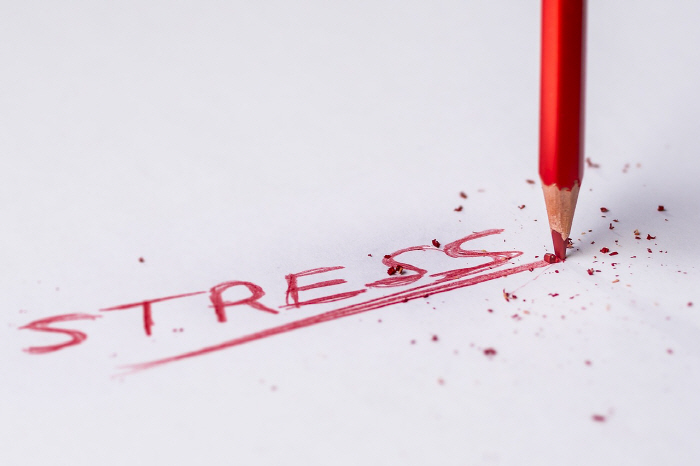55% of the people are in a long-term state of indignation...Deep stress experience 55.4% in their 40s is the best
May 07, 2025
|
This is the result of a survey on mental health promotion conducted by the Education Research Group for Integrated Response to Health Disasters at the Graduate School of Public Health at Seoul National University on 1,500 adults aged 18 or older nationwide from the 15th to the 21st of last month through KStat Research, a survey company.
According to the survey results, 48.1% of the respondents answered 'not good' when asked about the overall mental health level of our society members, while only 40.5% answered 'normal' and 11.4% answered 'good'. The top reason cited by those who answered 'It's not good' was the 'social atmosphere emphasizing competition and performance' (37.0%), followed by the 'social atmosphere' (22.3%) based on the gaze and judgment of others and groups.
As a result of measuring major emotions and emotional states on a 5-point scale, 12.8% of the respondents suffered a 'high level of serious anger' (more than 2.5 points), and 54.9%, including them, were 'long-term anger'(more than 1.6 points) in which the pain of anger persisted. In particular, those in their 30s and those with a monthly income of less than 2 million won showed higher rates of 'high anger' than other groups. By age, the rate of severe anger was 17.4% in the 30s and 9.5% in the 60s and older. By income, 21.1% of the group with less than 2 million won per month and 5.4% of the group with more than 10 million won per month.
By subjective class perception, 16.5% of the respondents of 'lower class' had high anger, 15.0% of the respondents of 'upper class' and 9.2% of the respondents of 'middle class'.
'Basically, I think the world is fairThe rate of 'disagreeing' for the question of ' reached 69.5%. However, when asked about fairness at the individual level of respondents, 58.0% answered 'I am generally treated fairly'. According to the researchers, the higher the fairness belief, the lower the anger score, and the lower the general fairness recognition score, the higher the degree of anger than the average group.
In the case of depression, 33.1% of the total suffered from 'moderate depression'. By age, those in their 30s were the highest, followed by those in their 20s, 40s, 50s, and 60s or older. By income, 52.6% of low-income people with monthly income of 2 million won or less showed moderate or higher depression, and 17.2% of those with more than 10 million won per month.
The overall average score of anxiety was 1.76 points, and those with less than 2 million won per month recorded 2.4 points. The overall average of loneliness was 1.26 points, and those with less than 2 million won per month scored 1.5 points, which was higher than the average.
|
When stress experienced people were selected for multiple causes of stress, the health change of individuals and families was 42.5% and the economic level was 39.5%. In addition, 27.3% of the respondents said there was a major mental health crisis in the past year that it was difficult to handle their existing roles or responsibilities, and 51.3% of them thought of committing suicide, and 13.0% of them actually tried.
However, 60.6% of those who said there was a major mental health crisis said they did not ask for help when they were in a mental health crisis. The main reason was the fear of other people's eyes or stigma. How to deal with the stress experience when choosing multiple choices 'Confess with family or friends and seek help' was the highest at 39.2%, and 'Holding on your own and doing nothing' was 38.1%. Only 15.2% said they were seeking help from experts.
The experience of using mental health promotion services provided by the state was less than 10%, followed by 'Mental Health Welfare Center' (9.7%), 'Mental Health Counseling Phone' (9.2%), 'Mental Investment Support Project' (7.3%), and 'Suicide Prevention Counseling Phone' (6.9%).
This article was translated by Naver AI translator.















